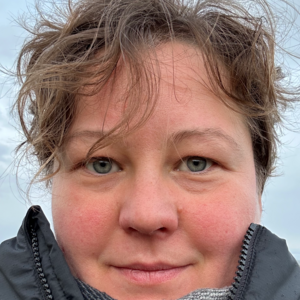Contents
The curent presentation focuses on web-hosted documentation and how to measure its searchability.
Quite often, users may have difficulties finding information in your documentation. Not only does it mean that the effort invested into its creation was not enough – poorly searchable documentation results in additional support inquiries, frustration for users and delays in their work, and, as a consequence, may influence considerations about choosing an alternative vendor.
In this tutorial, I would like to introduce a few tools that help you to find out more about the search behavior of your users and what prevents them from finding the information. The ultimate goal is to help you to sort out priorities and decide where to put the biggest effort to eliminate the drawbacks.
The tools are matomo, a free web tracking solution, and a few Python libraries. The tutorial will also provide some advice on how to draft a meaningful algorithm for analyzing your data, how to support your quantitative data with some qualitative data, and how to make conclusions.
Takeaways
- How to convert user complains into questions that can guide your analysis
- How to use matomo, a free of charge web tracking tool
- How to make matomo reports readable for you using Python
- What to do to enhance your documentation searchability

